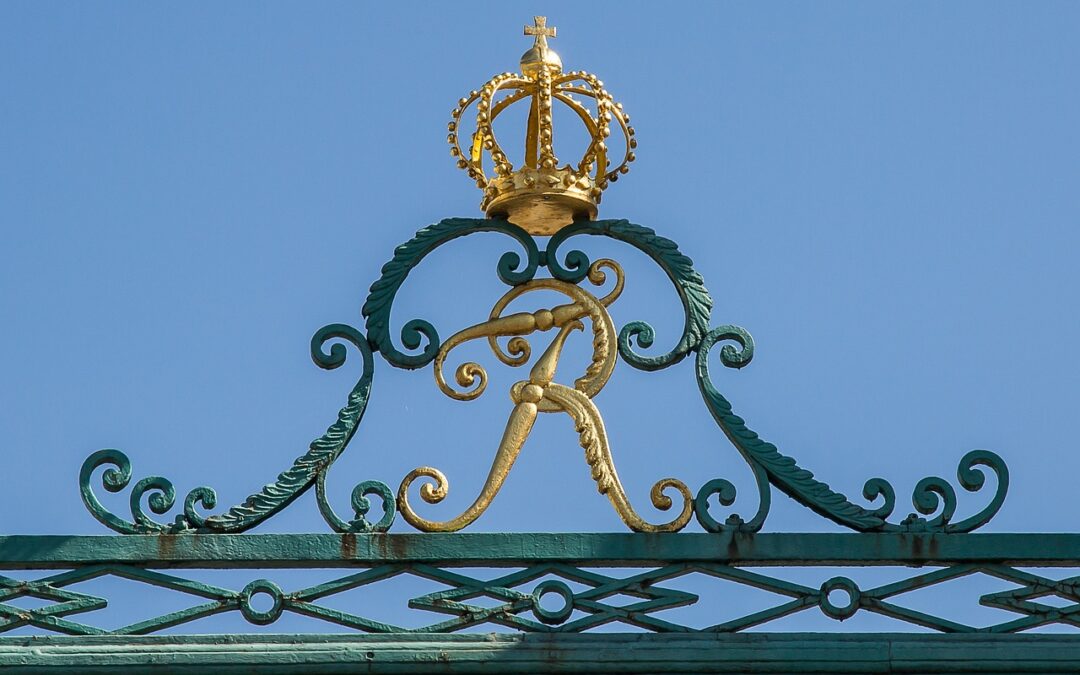“How come Hitler is a bigger villain than the British monarchy, when Hitler invaded only 11 countries, while the British empire invaded 90 percent of the globe, that is, over 170 countries, and caused multiple times the massacre than the Nazis did!”
― Bulletproof Backbone: Injustice Not Allowed on My Watch
Royal families take the entitlement of a narcissistic family to the next level. The idea that someone is better than another by birth is, in itself, a kind of narcissism.
The first thing that comes to my mind when I think of royal families is colonization. Looting other countries, causing famines, accumulating wealth, and shamelessly displaying it regularly without any iota of remorse or guilt is narcissistic.
Royal families’ wealth is built on the tears of many people over many years. It is also a racial issue.So without a doubt, their families tend to be narcissistic.
In ‘The Crown’ series, they don’t say family, they say institution—everything is for the institution. All the people exist to serve one person in that institution.
One person is favored over the others in all respects, and they call it ‘duty.’
It is all about the image—it is all about keeping up appearances. They themselves know they are irrelevant otherwise.
Let us examine narcissistic family roles in the context of the British royal family.
1. The Golden Child
- The heir to the throne is, of course, going to be the golden child. It is typically the crown prince or princess.
- They may be brilliant in their studies or good-looking. This child is the one on whom the family’s image to the outside world depends.
- They will receive more attention and resources. It is the opposite treatment of the scapegoat.
- Sometimes the golden child feels guilty if they have a sibling who does not receive as much attention.
- They are triangulated against the siblings. Other siblings and children in the family may be compared to this child, which leads to siblings hating on the golden child.
- Often, other family members tend to get jealous of them, sometimes even their own parents, and try to sabotage the golden child.
- The golden child is burdened with unrealistic expectations. The attention and love they receive are purely conditional.
- The golden child is not given the freedom to be their own individual; they are seen as an extension of the narcissistic family.
- They can also fall from grace and become scapegoats or invisible once they stop pleasing the narcissists.
- In adulthood, the golden child can become narcissistic or even turn into a scapegoat, depending on how much they understand their family and its structures.
2. The Scapegoat
- The scapegoat is the person the narcissistic family throws under the bus to make the family look good. In the British Royal Family context, this could be our very own ‘spare’.
- The scapegoat is the one who is bullied by most family members. The scapegoat can also get bullied in school/workplace.
- It is usually the ones who understand how terrible the system is from a young age—those who refuse to please the narcissists in the system.
- The others in the narcissistic family know that the scapegoat is aware of the family dysfunction, which is why they are attacked by the family.
- Scapegoats could also be the better ones in the narcissistic family, which makes others in the family uncomfortable.
- The scapegoated child takes the burden of all abuse they were subjected to in the form of gaslighting and manipulation.
- In adulthood, they usually set boundaries with their narcissistic families. They find it easy to walk away from the family.
3. The Invisible Child
- It is the child who is never seen or given attention to—the child who is not considered when planning something.
- They are usually an afterthought. Their needs and wants are considered an inconvenience. They may have problems expressing their needs and wants throughout their lives.
- They can feel lifelong anxiety about not being enough.
- Anyone who is of no use to the narcissists in the family system becomes invisible to them.
- A golden child can turn into a scapegoat or an invisible child if they stop pleasing the narcissists. If you don’t conform to what the family needs or values, you can very easily become invisible in their eyes.
- They may take a long time to figure out things in their own lives because no support was offered. They may also miss out on opportunities because of the same.
- They may end up becoming too independent or can also end up being too clingy if someone offers them care and consideration.
- They may also walk away from the narcissistic family in adulthood.
“Another thing I learned in therapy?” Angie said. “The kids in dysfunctional families who act out and rebel are the ones who are the healthiest mentally. They’re the ones who see that something’s wrong. That’s why they act out, because they see the house is burning down, and they’re screaming for help. That was you.”
― The Wishing Game


